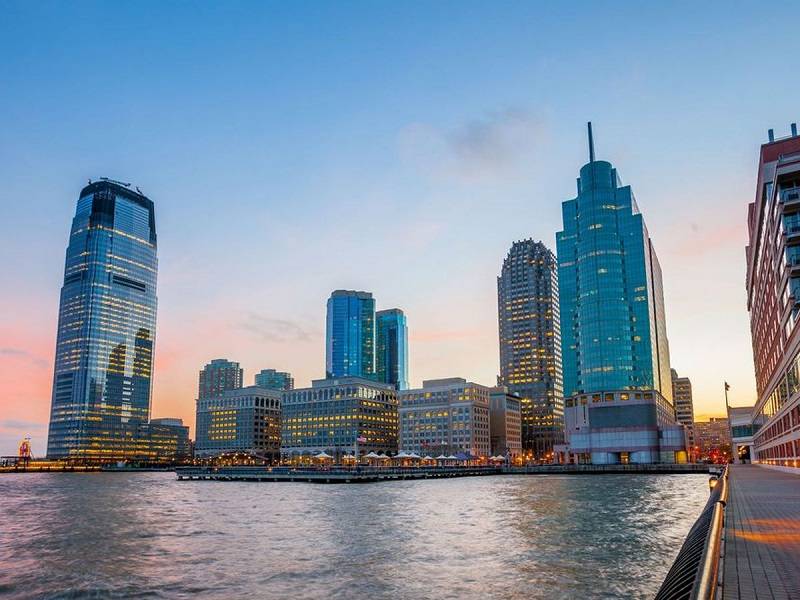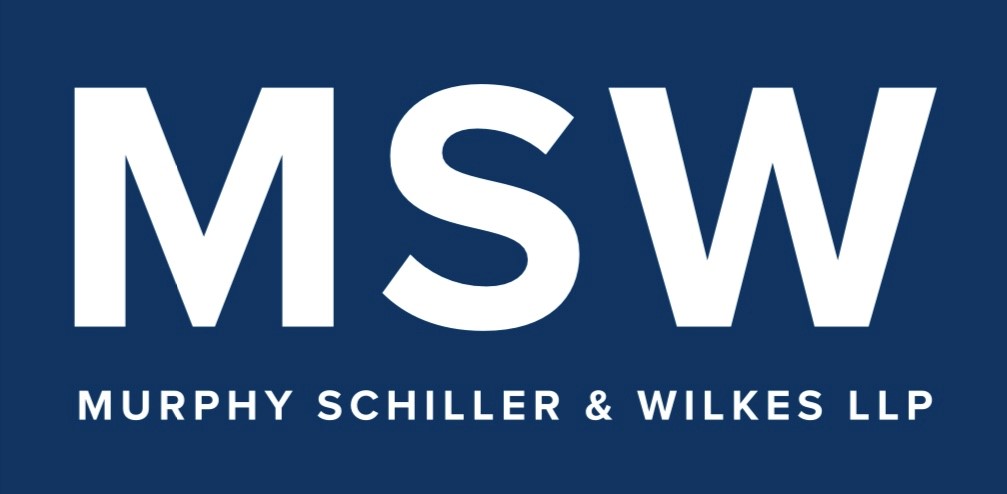Chris J. Murphy
Partner, Murphy Schiller & Wilkes LLP
Direct: (973) 705-7421
Email: [email protected]
 In New Jersey, tax credits and other forms of incentives are a critical component in the development process. The high cost of land, materials and labor makes New Jersey one of the most difficult states in the country to develop land.
In New Jersey, tax credits and other forms of incentives are a critical component in the development process. The high cost of land, materials and labor makes New Jersey one of the most difficult states in the country to develop land.
For as long as most can remember, New Jersey had always had an incentive program for development — whether it was the Urban Transit Hub Tax Credit Program or Economic Redevelopment and Growth (ERG) Grant Program, there was always something. In July of 2019, it all went away. That’s when the Economic Opportunity Act of 2013 expired, and along with it, the ERG Program — the State’s main incentive for developers. For over a year and a half, the New Jersey development community was without a program. In some cases, projects stalled — in many cases, projects never occurred.
This all changed in December of 2020, when the State Legislature quickly passed the Economic Recovery Act (EOA) of 2020, which created multiple incentive programs designed to help spur development. In January of 2021, Governor Murphy signed the legislation, providing for a stream of incentives over the next six years (the programs created under the EOA will expire in March of 2027). The New Jersey Economic Development Authority (NJEDA) will administer the programs created under the EOA.
Among the programs created under the EOA was the Aspire Program — the successor to ERG. This aggressive tax credit program was designed to encourage redevelopment projects using incentive awards to reimburse developers for certain project financing gap costs. The Aspire Program includes incentives for the development of both commercial and residential projects. As with its predecessor, ERG, developers must show that the project is in a qualified incentive area, that without the incentive award the redevelopment project is not economically feasible, and that a project financing gap exists. There are additional requirements based on the nature and overall scope of the project.
Upon project completion, a developer granted an award under the Aspire Program (prior to the project commencing) is entitled to a tax credit ranging from 45% to 60% of the total project costs (depending on location and other criteria). Notwithstanding the percentage threshold, awards are further limited to between $42,000,000 and $60,000,000 of the total project costs. Developers seeking awards for newly constructed residential projects are required to reserve at least 20 percent of the residential units for affordable housing. The maximum term for commercial or mixed-use projects is 15 years. The maximum term for residential projects is 10 years.
While the NJEDA has yet to begin accepting applications for the Aspire Program, draft regulations for public comment were released last week, and most in the development community are hopeful that the NJEDA will begin accepting applications before the end of the year.
The fact that New Jersey now has a competitive incentive program is a game-changer for major projects throughout the State. As costs associated with development continue to rise, the incentives created under the Aspire Program will go a long way to fill project financing gaps and spur development in New Jersey for years to come.
Chris J. Murphy, Esq. is a partner at Murphy Schiller & Wilkes LLP, a boutique law firm specializing in commercial real estate, with robust transactional, corporate, finance, land use, and litigation expertise. He leads the firm’s Incentive Advisory Practice Group, along with its Land Use, Zoning and Redevelopment Practice Group. Chris is the co-author of the Financial Incentives Chapter of Commercial Real Estate Transactions in New Jersey (2019, 4th Edition), published by the New Jersey Institute for Continuing Legal Education, a division of the New Jersey State Bar Association. His insight on the topic of real estate incentives has been featured in both regional and national publications, including NJBIZ, Real Estate NJ and The Wall Street Journal.
Newark Office
24 Commerce Street
12th Floor
Newark, NJ 07102
New York City Office
5 Penn Plaza
19th Floor–#19113
NY, NY 10001











